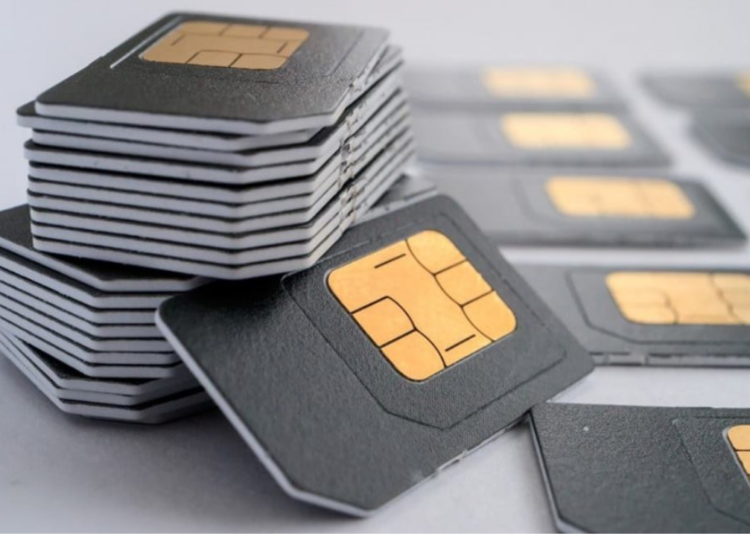Local SIM-cards manufacturing market now valued at N55 billion, after one year of ban on importation of whole body SIM cards in the ICT sector, the Nigerian Communications Commission (NCC) has disclosed.
Recall that the ban on importation of whole body SIM cards was announced at the maiden edition of the Nigerian Telecommunications Indigenous Content EXPO (NTICE 2022) last year.
The executive vice chairman, Nigerian Communications Commission (NCC), Prof. Umar Garba Danbatta, who disclosed this at the 2nd edition of the NTICE 2023, on Wednesday, in Lagos, averred that, the ban has not only eased the burden on the sector’s demand for foreign exchange but has also created business in excess of N55 billion for the local SIM card manufacturers in Nigeria which in turn has created direct and indirect jobs.
Speaking on the achievements recorded in the ICT sector, Danbatta, who was represented by the executive commissioner, Technical Services, NCC, Engr. Ubale Maska, averred that, the Nigerian Telecoms Sector is amongst the biggest contributors to socio-economic growth of the country, as evidenced by the numerous achievements of the sector.
“It is not out of place to mention that the sector’s performance was instrumental in lifting Nigeria out of recession with a 12.45 per cent contribution to the GDP in Q4 2020. This figure increased to 14.13 per cent as at Q1 2023. The Sector is also home to two of the most valuable listed companies in Nigeria with a collective market capitalization in excess of N10.45 trillion,” the CEO revealed.
Recall also that the commission in 2021 and 2022, generated revenue in excess of $820 million from the auction and grant of 3.5GHz Spectrum band licences to three operators to boost the deployment of Fifth Generation (5G) services in Nigeria. This placed Nigeria on the global 5G map ahead of many countries in Europe, Africa and the Middle East.
“It is also important to note that while Quality of Service and Quality of Experience in telecommunications services in Nigeria have continued to improve, tariffs have remained stable notwithstanding the increase in cost-of-service provision to the telecom operators.
“In order to sustain and further improve Quality of Service and Quality of Experience in telecommunications services in Nigeria, we must embrace indigenous content and value creation within the telecoms value chain, otherwise, increase in telecoms tariff will be inevitable.
“Nigeria with its rich history of innovation, resilience, and creativity as well as our diverse culture, talents, and perspectives has birthed solutions that uniquely cater for our challenges and aspirations. The NTICE 2023 platform is a celebration of these achievements, a testament to the Nigerian spirit of ingenuity,” Danbatta said.
Danbatta posited that NTICE is not only an exhibition but it is also a gathering of industry players that embodies the spirit of innovation, resilience, collaboration, and progress, while assuring that the commission is fully committed to the drive of the federal government to place the Nigerian economy on a sustainable pedestal through all the necessary policies put in place.
“When we created the Nigeria Office for Development of Indigenous Telecoms Sector (NODITS) as a Special Purpose Vehicle under the Commission to drive the National Policy for Promotion of Indigenous Content in the Nigerian Telecommunications Sector in July 2021, the Office was given four areas of focus: Manufacturing, Human Capacity, Research & Development (R&D) and Software & Services development for the telecoms sector.
“Today, I am happy to inform you that NTICE is one of the achievements of NCC through NODITS because it has served not only to promote Pillar number 5 (Strategic Partnering) of the Strategic Management Plan SMP 2020-2024 of the Commission but has also become the flagship indigenous content event for the industry,” he pointed out.







